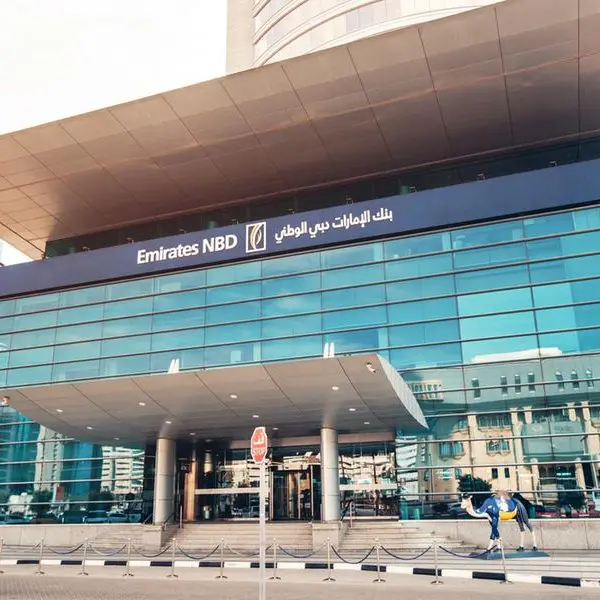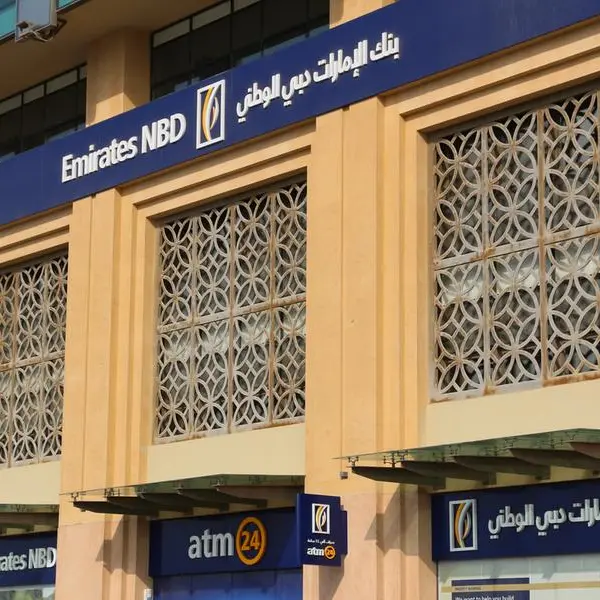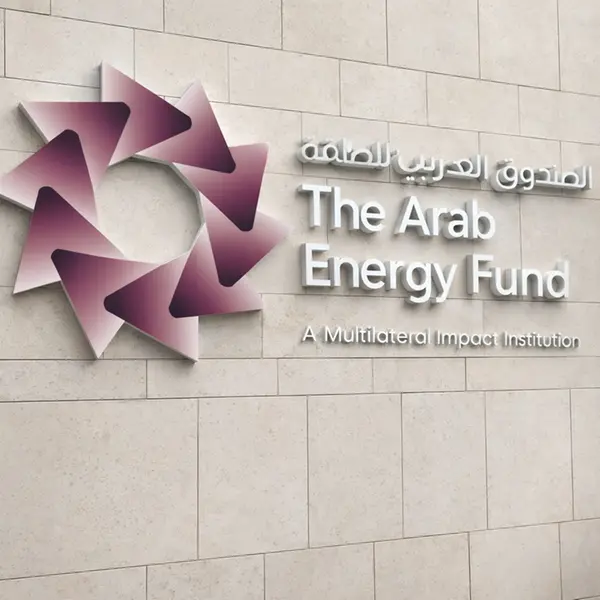PHOTO
Demand for Islamic derivatives, financial instruments that comply with Islamic law, is on the rise in Muslim-majority countries, according to Fitch Ratings. This trend coincides with the growing strength of Islamic banks and the increasing need to manage risk in developing financial sectors.
The report highlights the growing adoption of Islamic derivatives by Islamic banks. Nearly three-quarters of Fitch-rated institutions used these tools in the first half of 2024, a sign of their potential to bolster creditworthiness. However, challenges remain. Sharia restrictions can be complex and interpreted differently, hindering standardisation and broader adoption. Additionally, underdeveloped financial infrastructure, particularly in OTC (over-the-counter) markets, limits the availability and liquidity of Islamic derivatives compared to their conventional counterparts.
Data from the Bank for International Settlements underscores this point. In April 2022, the combined OTC Islamic derivatives turnover in key Muslim markets like Saudi Arabia, the UAE, and Malaysia amounted to less than 1 per cent of global volumes. While exchange-traded options are emerging, they remain in their early stages in most (GCC) countries.
Despite these limitations, Islamic derivatives offer a range of risk-management benefits for Islamic banks. Instruments like profit-rate swaps and forward-exchange contracts can help mitigate exposure to interest-rate fluctuations, foreign exchange movements, and other market risks.
Fitch views moderate and well-managed use of Islamic derivatives positively when assessing an Islamic bank’s creditworthiness. Conversely, a lack of hedging or excessive exposure to structural market risks, such as unhedged long-term fixed-rate assets, can negatively impact a bank’s profile. It’s important to note that while derivatives can be valuable tools, they also introduce new risks, including counterparty credit risk, liquidity risk, and operational challenges.
Regulatory efforts are underway to nurture the Islamic derivatives market. The UAE central bank, for instance, has encouraged Islamic banks to adopt hedging techniques, including these Sharia-compliant instruments. Similarly, Saudi Arabia has launched a conventional derivatives market and introduced Sharia-compliant products. Additionally, the Saudi Central Bank is considering close-out netting legislation, a move that could further enhance market efficiency.
The rise of Islamic derivatives reflects the growing importance of risk management for Islamic banks in a maturing financial landscape. As the market overcomes challenges related to standardization and infrastructure, these instruments have the potential to become a cornerstone of Islamic banking’s continued development.
Copyright 2022 Al Hilal Publishing and Marketing Group Provided by SyndiGate Media Inc. (Syndigate.info).





















